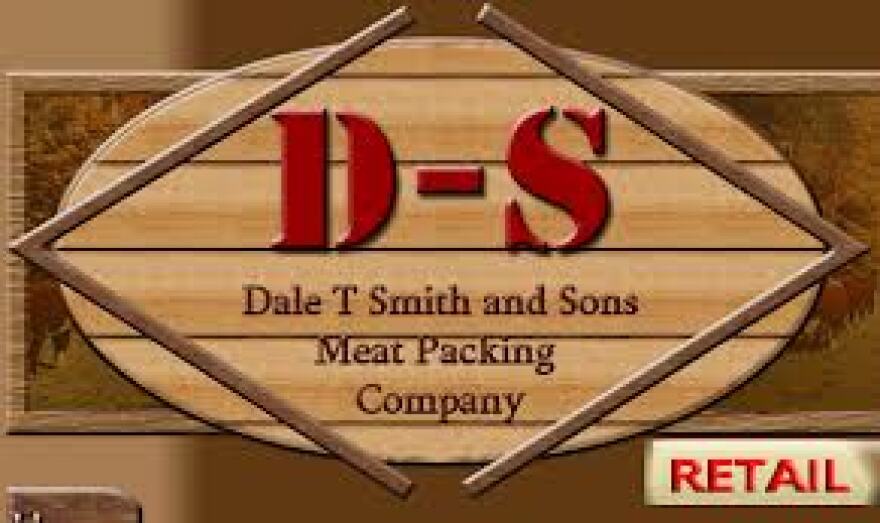More than 200 protestors gathered on Saturday to denounce Utah’s so-called “Ag-Gag” law. The law, which was signed by Governor Herbert in 2012, prohibits unauthorized filming or photography at agricultural facilities. This weekend’s protest was organized after charges were filed – and then dropped – against a woman who filmed activities at a slaughterhouse in Draper.
In February, Class B Misdemeanor charges were brought against Amy Meyer – a Salt Lake City woman who filmed activities from outside the Dale T. Smith and Sons meat packing company in Draper. Meyer was the first person charged with violating Utah’s relatively new law against so-called agricultural operation interference.
That law makes it illegal to record “an image of, or sound from, an agricultural operation” under certain circumstances. The charges against Meyer were dropped in April after the case gained widespread attention and, prosecutors say, because Meyer was filming while on public property.
On Saturday, hundreds of protestors showed up at the Draper slaughterhouse to denounce the law. Protest organizer Stephany Alexander said the event was about transparency in industry.
"We organized a protest because we believe that Utah people have a right to know about the treatment and processing of their food, because it's a public health issue and it's how we feed our families," Alexander said. "It's incomprehensible that they're criminalizing the media, undercover investigations, whistle-blowers, or citizens who are trying to report the truth about our food and animal abuse. It's unconstitutional, it abridges our freedom of speech, freedom of the press, and also impedes the freedom of information act."
Amy Meyer, the woman who’s short-lived case was so-far the only instance where the Ag-Gag law was brought to bear, said that the law is meant to shield consumers from what she called the horrors of the meat industry.
"My case was dropped because it was determined that I was on the public property, and it is not illegal to film from public property. However, if you trespass and film, or get employment seeking to get film like that, that is illegal now under Ag-gag," Meyer said. "Everyone I've talked to is outraged by this. We think we have a right to know where food is coming from, and the agriculture industry thinks otherwise and that's why they're passing these laws. They're passing them because meat consumption is going down the more people learn about what's happening inside these places."
Meyer said that what she witnessed from outside of Smith and Sons was perturbing.
"You could see the cows being led into the building, and actively trying to fight their way out when they could see what was about to happen to them. You could see the raw flesh being spewn out the other side of the building. What I saw that was really disturbing was a tractor coming out of the building with a live cow carrying it, and driving it over to an empty spot on the property and then returning without it which you can only presume they left it there to die," Meyer said.
In a written response to the protest, Dale T. Smith and Sons meat packing says its Draper facility is devoted to keeping animals free from stress and injury, and that their practices are humane and responsible.
The company’s website also states that the federally-inspected plant “has always worked cooperatively with the USDA and other legitimate authorities to meet the highest possible standards of animal care.”
Most of the protestors I spoke with were more concerned with access to information than they were with specific practices at the Draper facility.
Many wore red gags in their mouths and alternated between filming the slaughterhouse and waving signs as traffic passed on I-15. Protestor David West says that the expectation of privacy in places where food is produced, should be lowered.
"Google drives down the street everyday and takes pictures of all our properties, including that farm. If they see a cow that's sick outside, this would prevent them from sharing that information or using it in court. So I don't see how it can really survive the scrutiny," West said. "Some states have already overturned it. It was obviously a reaction to some economic loss when some abuse was found, so it was an interest to protect. But I think we are better served by having transparency than having protectionism, particularly when it's our food and it's our health."



